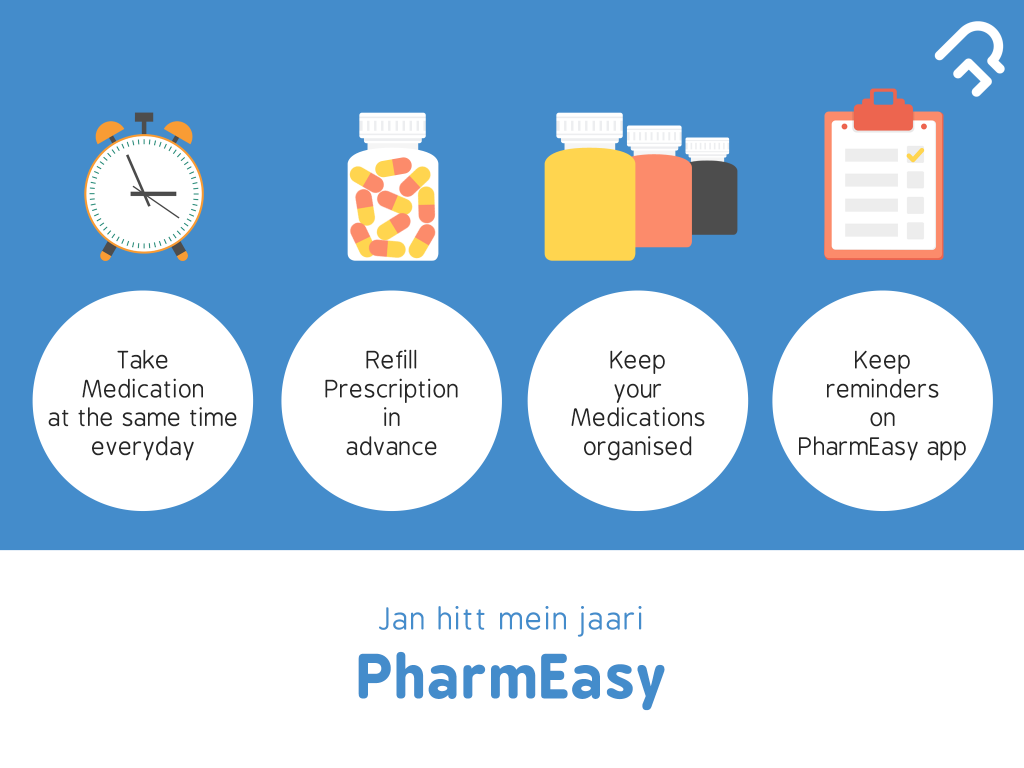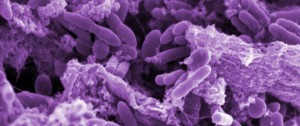
”A survey of patients revealed that around 22.5% of the patients discontinued their Antibiotics dose after they started feeling better.”
Even the best of us are guilty of discontinuing our antibiotic doses when we start feeling better, after the first couple of days of medication. Why shove harmful antibiotics down our throats when we are feeling alright, right? Well, that’s what you think. And, mind you- you couldn’t be more wrong. Also, it might be sheer laziness that you stop taking medicines. At times, when we buy medicines for the common cold or other such minor diseases, we just ask for 2-3 pills, think that many ‘are enough.
Incomplete antibiotic dosage can have lethal repercussions and can do your body more harm than you think you are saving yourself from, by cutting down your antibiotic consumption.
To truly understand how antibiotics work and why it is necessary for us to complete an antibiotic dosage, let’s take a quick tour inside our body. There are certain foreign bacteria that have entered our body and are the root cause of the infection. These are the bacteria the prescribed antibiotic intends to identify as foreign intruders and kill without harming our own cells.
The antibiotic resistance crisis has been attributed to the overuse and misuse(not completing dosage) of these medications, as well as a lack of new drug development by the pharmaceutical industry
Dr. M.G. Kartheeka, MBBS, MD

At the face level, all of these bacteria appear to be identical but they will have their degree of differences too. They are varyingly susceptible to the antibiotic dose. At one end of the spectrum, are the ‘weaklings’ who can be killed with a mild dose of antibiotics, while at the other end of the spectrum are the unconquerable resilient ones who are unaffected by a mild dose of antibiotics. The rest of the spectrum comprises of the ‘common men’. The neither too strong, nor too weak chunk of the bacteria.
Any antibiotic dose, in its first couple of days, wipes out the weaklings and weakens the middlemen. Generally, by day 3-4, most of the middlemen are also killed and one starts feeling better as the majority of the bacteria have been defeated. It is at this point that we generally discontinue our antibiotics thinking that we have been cured and that’s where the trap lies
Feeling better, or an improvement in symptoms, does not always mean that the infection has completely gone. Your doctor has had years of training and has access to the latest evidence – so always follow their advice.
Dr. Ashish Bajaj, M.B.B.S., M.D
Also Read: Can You Drink While Taking Amoxicillin? Uncovering the Facts
The unconquerable resilient bacteria are still in our bodies and to make it worse, they no longer need to compete with the population of the weaker bacteria for food for survival. They have all the host cells (body cells) to themselves, giving them free and easy ground to thrive and reproduce, forming their own army of resilient bacteria. These bacteria cells are also more often than not, resistant to the antibiotic now that they have survived mild doses of it. The condition too worsens once the disease relapses and with the bacteria now resistant to the antibiotic, curing the disease becomes all the more difficult.
On the other hand though, if we complete our antibiotic doses, we can ensure that even the most resilient bacteria is overthrown, there are no mutant or antibiotic-resistant bacteria thriving in our body and all the chances of relapse have been wiped clean. So the next time, you have been prescribed an antibiotic dose, make sure you complete it”¦ or brace yourself for the relapse.
Also Read: Natural Antibiotics: A Guide to Nature’s Healing Power
Disclaimer: The information provided here is for educational/awareness purposes only and is not intended to be a substitute for medical treatment by a healthcare professional and should not be relied upon to diagnose or treat any medical condition. The reader should consult a registered medical practitioner to determine the appropriateness of the information and before consuming any medication. PharmEasy does not provide any guarantee or warranty (express or implied) regarding the accuracy, adequacy, completeness, legality, reliability or usefulness of the information; and disclaims any liability arising thereof.
Links and product recommendations in the information provided here are advertisements of third-party products available on the website. PharmEasy does not make any representation on the accuracy or suitability of such products/services. Advertisements do not influence the editorial decisions or content. The information in this blog is subject to change without notice. The authors and administrators reserve the right to modify, add, or remove content without notification. It is your responsibility to review this disclaimer regularly for any changes.